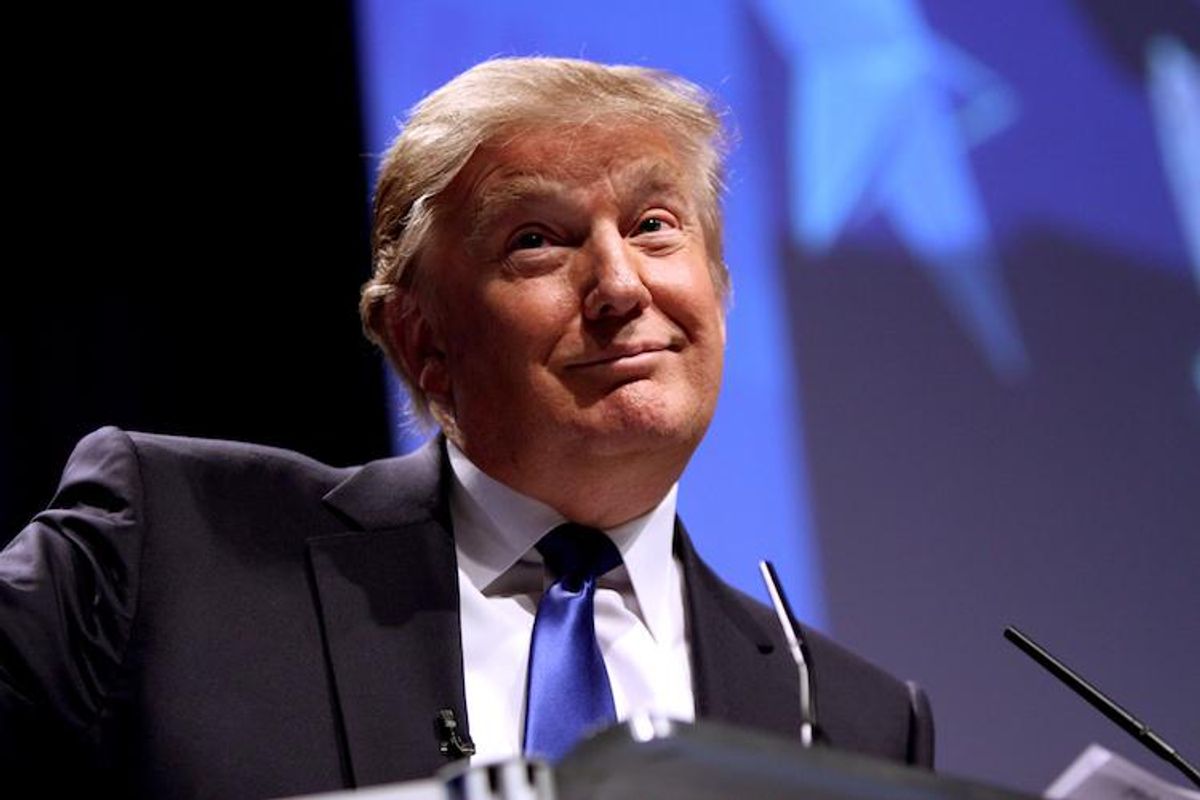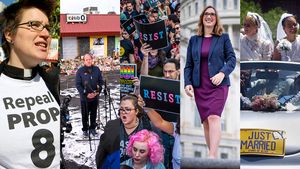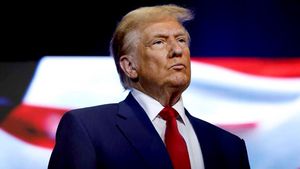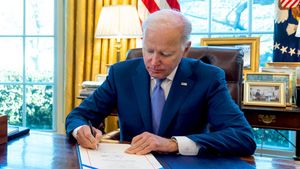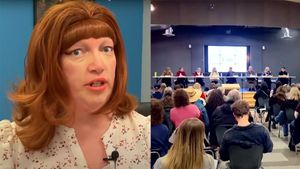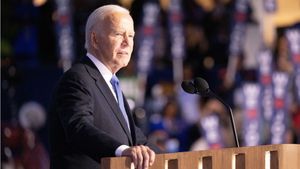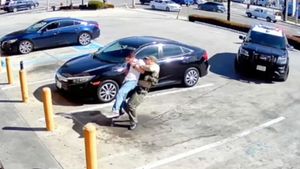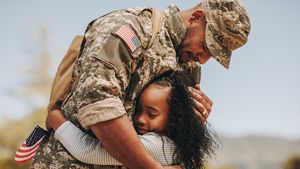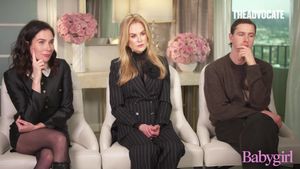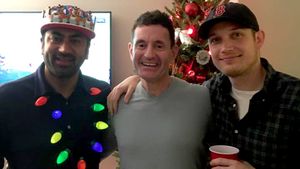My kitchen table is covered in white papers with simple drawings of human figures. A closer look at the stacks of documents tells a story both antiseptic and grizzly. Arrows traverse legs, arms, and torsos.
Penciled notes from the medical examiner chill me, every time I look at them: "Exit wounds."
These pages are the autopsies for the 49 victims of the Pulse nightclub shooting, which the Orange County Medical Examiner's Office released to the public during the last two weeks.
The autopsy for Omar Mateen, the shooter, lies folded in my bag--separate. So strange that in death, paperwork is the great equalizer. There is nothing to distinguish the record of Mateen's death from that of his victims--no reason I can't file these papers in with the rest. But something--call it instinct, or superstition, or just plain decency--keeps those particular 17 pages folded away.
As we approach the two-month anniversary of that tragic night, that gut-feeling of "decency" is nowhere to be found. Even now, Republican presidential nominee Donald Trump is preparing to speak in Kissimmee, Florida--Mateen's hometown. The town will also host a meeting of major evangelical leaders so that Trump can court their support during a surprise appearance.
Trump, what queer Republicans have called the most LGBT-friendly candidate in the party's history, will be meeting with the strongest opponents of LGBT rights--and our very livelihood--in the U.S.
David Lane, whose American Renewal Project is organizing the meeting, believes homosexuality is a totalitarian regime bent on tearing down the U.S. and threatens "our utter destruction." The pastors he has invited have called this community "militant homofascism" and have advocated for conversion therapy, the defeat of marriage equality, and the recriminalization of homosexuality.
Trump will smile for these men. He will shake their hands. He will use some of his "best" words.
Meanwhile, an evening waits before me where the pages of dead, innocent queer people ripple across my table. I will see the hundreds of gunshot wounds sketched, counted, and tabulated. I will hear again the interviews with survivors still in bandages, still sleepless from nights spent reliving the terror of the slaughter behind their closed eyes.
There are many reasons why Trump does not deserve to be our president. The most significant for LGBTs, though, should be his time in Orlando--his association with these hateful zealots who profane the ground of our murdered brothers, sisters, and allies with their loathsome fear. If he stumps with these people, it makes him not just less of a candidate. It makes him less of a person.
Rifling through these bare, anatomical drawings, I wonder in what part of the human body resides that sense of decency--if it could be weighed and diagrammed and calibrated like all the rounds pulled from these 49 victims. I suspect whatever organ holds that decency, Trump lost feeling in it long ago. And if you support him after this week, I wouldn't be surprised if you have lost that feeling, too.
